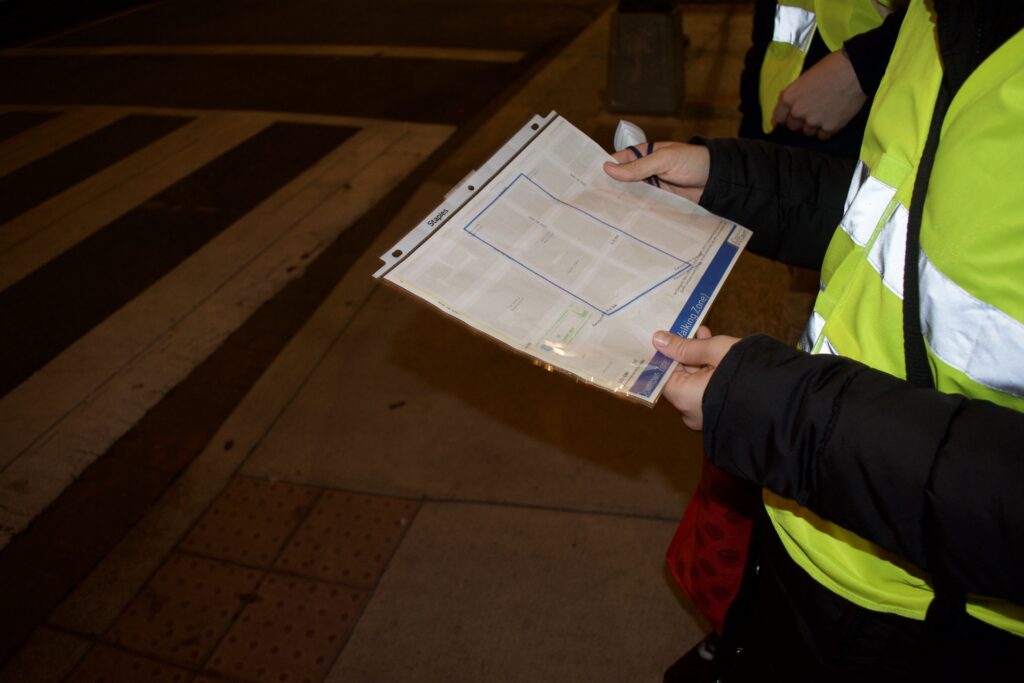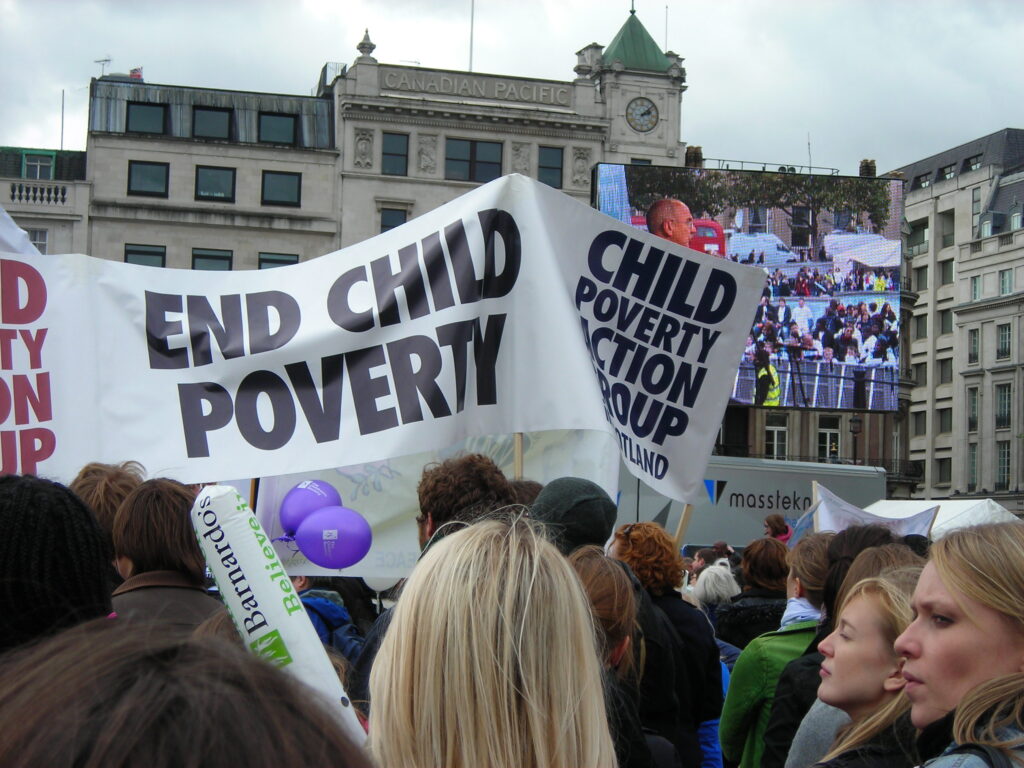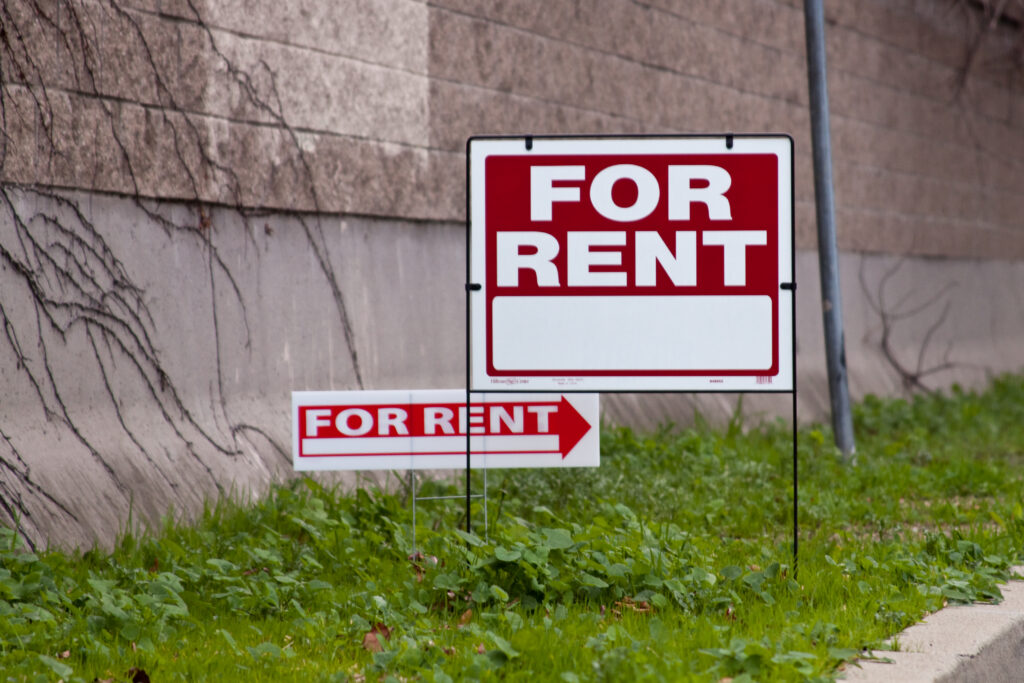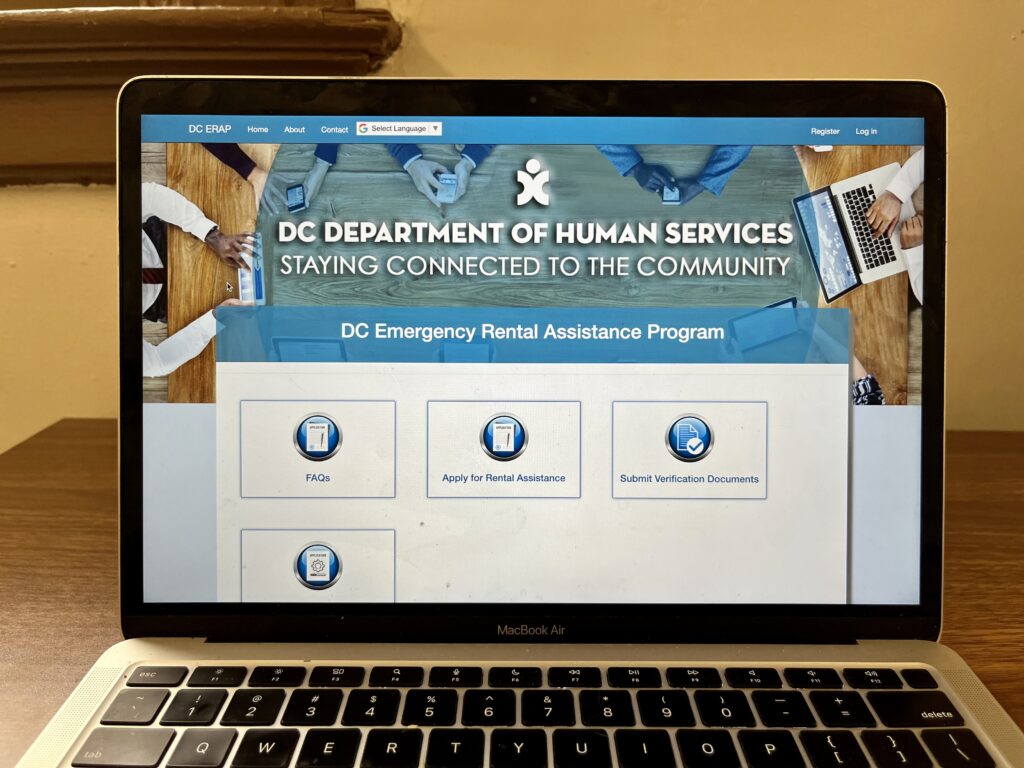D.C. has hundreds of millions of dollars in unallocated money, and legislators are hoping to convince Mayor Muriel Bowser how to best spend it.
The District had a budget surplus of $566 million during fiscal year 2021, which ended Sept. 30. D.C. officials also expect to receive an additional $357.8 million in unanticipated revenue in the current fiscal year, which adds up to $923.8 million the city could allocate to one-time funding, according to Jen Budoff, the council’s budget director.
Separately, the District also has an estimated $340 million in new recurring revenue that could be used to fund new programs annually, starting in FY 2022.
While the city’s budget process means that none of this money, which came from a combination of unexpected revenue and underspending, can be spent until May at the earliest, the debate over what to do with it has already begun.
Councilmembers voted unanimously on Feb. 15 on a resolution calling on Bowser to spend some of the excess funds on a variety of different programs. While the resolution — drafted by at-large Councilmember Elissa Silverman with input from other legislators — does not include any specific numbers, it calls for added funding for the following initiatives: emergency rental assistance, COVID-19 safety in schools, violence prevention, youth programming, and expanded pandemic leave for District employees. Meanwhile, multiple organizations are asking D.C. officials to make eviction prevention their top priority for the available funds.
“What we are achieving with this resolution is to identify consensus funding priorities focusing on our urgent needs,” Silverman said while introducing the resolution on Feb. 15. “This matters because in a time like this with so much going on, our most important conversations can get overshadowed by the crisis du jour, and we lose sight of the big picture.”
If the council and mayor do nothing, D.C. law stipulates that last year’s $566 million surplus will be split equally between the Housing Production Trust Fund (HPTF), used to build affordable housing, and the Pay-As-You-Go Capital Account, which funds capital projects in the District as a mechanism to reduce borrowing costs. The other $357 million in one-time revenue and $340 million in recurring revenue could be handled during the normal budget process. Alternatively, the mayor and council could choose to allocate any or all of the $923.8 million elsewhere by amending current law and expediting the process of amending this year’s budget.
Support for eviction prevention
The first priority listed in the council’s resolution is also the leading demand from 38 community organizations: Use the money to prevent evictions. As the D.C. Fiscal Policy Institute (DCFPI) wrote in a letter in late January to Bowser and the council, over 40,000 families are at risk of being evicted for non-payment of rent now that the eviction moratorium is lifted.
In a Feb. 8 council administrative meeting, legislators shared their budget priorities. At least nine members supported adding up to $187 million to boost the Emergency Rental Assistance Program to help pay unpaid rental and utility payments. This proposal could also fund the STAY D.C. program, which awarded rent and utility assistance to about 80,000 residents.
The DCFPI coalition — which includes groups such as Bread for the City and Coalition for the Homeless — is also calling for an extension for the 350 families enrolled in the District’s rapid rehousing program. RRH is a program that serves families and single adults experiencing homelessness by providing housing subsidies that last for up to one year with the possibility of a six-month extension. The city extended the subsidies during the pandemic and terminations are currently set to resume in March, which could plunge many families participating in the program into homelessness.
DCFPI also urged the council and mayor to extend rapid rehousing subsidies further so that families can stay in their units longer or move into other guaranteed housing through September. Proponents say they don’t have an estimate as to how much this would cost.
Timing is a key element of the proposals. Ward 4 Councilmember Janeese Lewis George and the DCFPI-led coalition made similar demands — that the city allocate the money as soon as possible rather than wait for the usual budget process that will culminate with D.C. Council votes in May and June. The government could do this by drawing on its reserves and then essentially paying back the money during the normal budget process, according to DCFPI. This route could be taken not just for housing, but for any surplus money the city desires to spend.
“If we move forward while ignoring the thousands of Black and brown residents who are still out of work, out of cash, and out of emotional energy to keep pushing boulders up a hill every day, we will be creating a perfect storm of housing instability that exacerbates displacement, homelessness, and crime,” Lewis George said at the vote.
Councilmembers also discussed the merits of boosting other programs that help prevent homelessness. Ward 1’s Brianne Nadeau and Ward 2’s Brooke Pinto suggested using some of the money for permanent supportive housing (PSH) vouchers. Though the program itself needs to be funded with recurring dollars each year, Nadeau proposed spreading available funds across several years to fund 500 new PSH units for individuals and an unspecified number of new PSH and Local Rent Subsidy Program units for families and returning citizens.
This year the council has already provided money for an unprecedented number of vouchers, with about one-third used so far, according to Pinto. With this in mind, Pinto suggested using part of the unallocated funds to speed up the process for matching people with permanent supportive housing vouchers. Ward 8 Councilmember Trayon White also spoke in favor of funding emergency rental assistance and permanent supportive housing, and at least two council members are interested in spending money to help condominium owners who are facing foreclosure.
What about the Housing Production Trust Fund?
Before deciding where the money should go, councilmembers and the mayor also need to determine how much they are willing to spend — that is, how much should go to the HPTF and PAYGO funds, the two beneficiaries under existing D.C. law. The proposal from DCFPI suggests shifting the PAYGO money to other projects and leaving the half designated for the HPTF. At a Feb. 3 hearing, Silverman questioned that idea, given that the HPTF ended FY 2021 with $266 million that was not dedicated to specific projects.
In response, City Administrator Kevin Donahue said that number is misleading. With both the money left in the fund and the additional $283 million from this year’s surplus, the HPTF would have just enough to fund all the projects currently in the queue for funding, he told councilmembers.
Public safety and violence prevention
Aside from eviction prevention, the most-discussed priority at the administrative meeting was public safety, given the recent increase in homicides and gun violence in D.C. Though the resolution seeks funding for “measures designed to prevent violence and improve public safety,” it’s unclear what these measures would be, as councilmembers are divided over how to best make those improvements.
One option is to increase funding to the D.C. Department of Parks and Recreation to provide additional recreation center hours and camps for young people over the summer — an idea backed by Silverman, Trayon White and at-large member Christina Henderson. There’s also wide support on the council for funding after-school youth programs and D.C.’s Summer Youth Employment Program, according to Silverman. Multiple studies show working or attending a program over the summer helps prevent gun violence among young people.
Given that youth violence is already such a problem this winter, while kids are distracted by school, “we’re gonna have a problem this summer,” Henderson said.
Another option, championed by Trayon White and supported by Lewis George, is increasing funding for violence interrupters, who deescalate conflict in neighborhoods that historically have experienced high rates of gun violence. The District has programs run by the mayor’s Office of Neighborhood Safety and Engagement and by the Office of the Attorney General
Other proposals to improve public safety included Henderson’s push to bolster funding for the justice grant program — which supports rehabilitation and prevention initiatives — and Ward 3 member Mary Cheh’s call to increase funding for the Metropolitan Police Department. The mayor has said she intends to propose funding 4,000 officers in her budget proposal; the number of officers currently stands at 3,500.
Addressing COVID-19 and education
Two weeks ago, Silverman released a first draft of the resolution that would have urged the mayor to spend money on COVID-19 mitigation in schools, a focus that remained in the final version.
According to Silverman, money could be used for surgical masks for public school students and staff and to upgrade ventilation and HVAC systems in public schools, jails, and other government-owned buildings to reduce the risk of COVID-19. Other council members wanted to expand school mental health services. Finally, the city could use part of the surplus to fund COVID tests for students too young to be vaccinated.
“We are hearing from teachers, principals, parents saying to us every single day that there are real mental health needs and public health needs in our schools,” Councilmember Robert White said at the vote. “When we have this one-time funding, let us make the investments necessary to address these so the effects don’t linger for a long time.”
Other proposals in this area centered around pay inequities. Bowser’s decision to raise pay for substitute teachers has given rise to a new disparity between substitutes and permanent support staff such as teacher aides, according to Henderson, who endorsed a bonus for those workers.
While Council Chairman Phil Mendelson hasn’t taken a lead on the use of the surplus, he released a statement supporting using some of the surplus to aid schools. Nadeau has also expressed support for increased funding to schools.
Helping workers and small businesses
The council also discussed using the surplus in various ways to bolster the economy and provide relief to city workers.
One such proposal from Silverman would improve COVID leave for D.C. government employees, the final suggestion included in the council’s list of official priorities. This would allow D.C. government employees to take paid leave to care for a family member who is sick.
Another suggestion from Pinto was to direct some of the unallocated funding to provide relief to undocumented immigrants and informal workers, most of whom were excluded in COVID relief bills. But she did not provide any specifics as to how this would work, and it didn’t make it into the approved resolution.
Another proposal popular among the councilmembers is providing one-time funds for small businesses that were hit hard by the pandemic. Nadeau, meanwhile, suggested using $18 million to expand the new Strong Families, Strong Futures program to wards 1 and 4. This initiative — currently operating as a pilot in wards 7 and 8 — provides direct cash assistance to new mothers. And Ward 6 Councilmember Charles Allen suggested part of the surplus could be used to implement the planned 2023 increase in D.C.’s earned income tax credit ahead of schedule. None of these suggestions were included in the resolution, though they could resurface in future budget deliberations.
Making racial equity a priority
Both Trayon White and Ward 5 Councilmember Kenyan McDuffie responded to Silverman’s initial list of proposed spending priorities with disappointment because they said racial equity was not a clear priority. McDuffie suggested one such effort could seek to introduce police into communities of color in positive ways.
Meanwhile, the Council Office on Racial Equity (CORE) recently worked with research organization MITRE to prepare a study on D.C.’s Black-white racial wealth gap, finding the median white family in the District has a net worth 81 times the median Black family.
Though CORE is not allowed to provide specific recommendations on proposals, director Brian McClure said key priorities for his office include investments in education, employment for Black residents, affordable housing, and Black businesses. McClure also noted that the District has implemented “promising” policies such as the Baby Bonds Bill, which provides annual payments of $1,000 to low-income D.C. kids, and the Strong Families program.
“Ensuring that the community is at the center of whatever those decisions are” is another suggestion from McClure, who hopes to see more residents who are directly affected by the budget brought into the process.
Possible infrastructure investments
In addition to these categories, some councilmembers proposed using the money for infrastructure projects. Notable proposals included renovations at the University of the District of Columbia, suggested by Mendelson, and conversion of the Office of the State Superintendent of Education’s fleet of buses from diesel to electric. Ward 7 Councilmember Vincent Gray included several PAYGO projects, and Councilmember Anita Bonds suggested some of the money be used for mold inspections and removal in public housing.
What comes next?
Bowser will need to send a supplemental budget to the council for a vote before the city can allocate funding to any proposed projects. If there is only one supplemental budget proposal, it will be sent to the council along with the mayor’s proposed budget for the next year, which is due by March 16. Council votes would come in May and June.
If there are two supplemental budgets, as there were last year, they still have to be initiated by the mayor. Bowser’s office did not respond to multiple requests for comment.
With months to go in the process and a budget far from being finalized, residents have time to provide feedback to Bowser and the council on what they’d like to see included and join in the debate themselves.
This article was co-published with The DC Line.
Annemarie Cuccia covers D.C. government and public affairs through a partnership between Street Sense Media and The DC Line. This joint position was made possible by The Nash Foundation and individual contributors.








